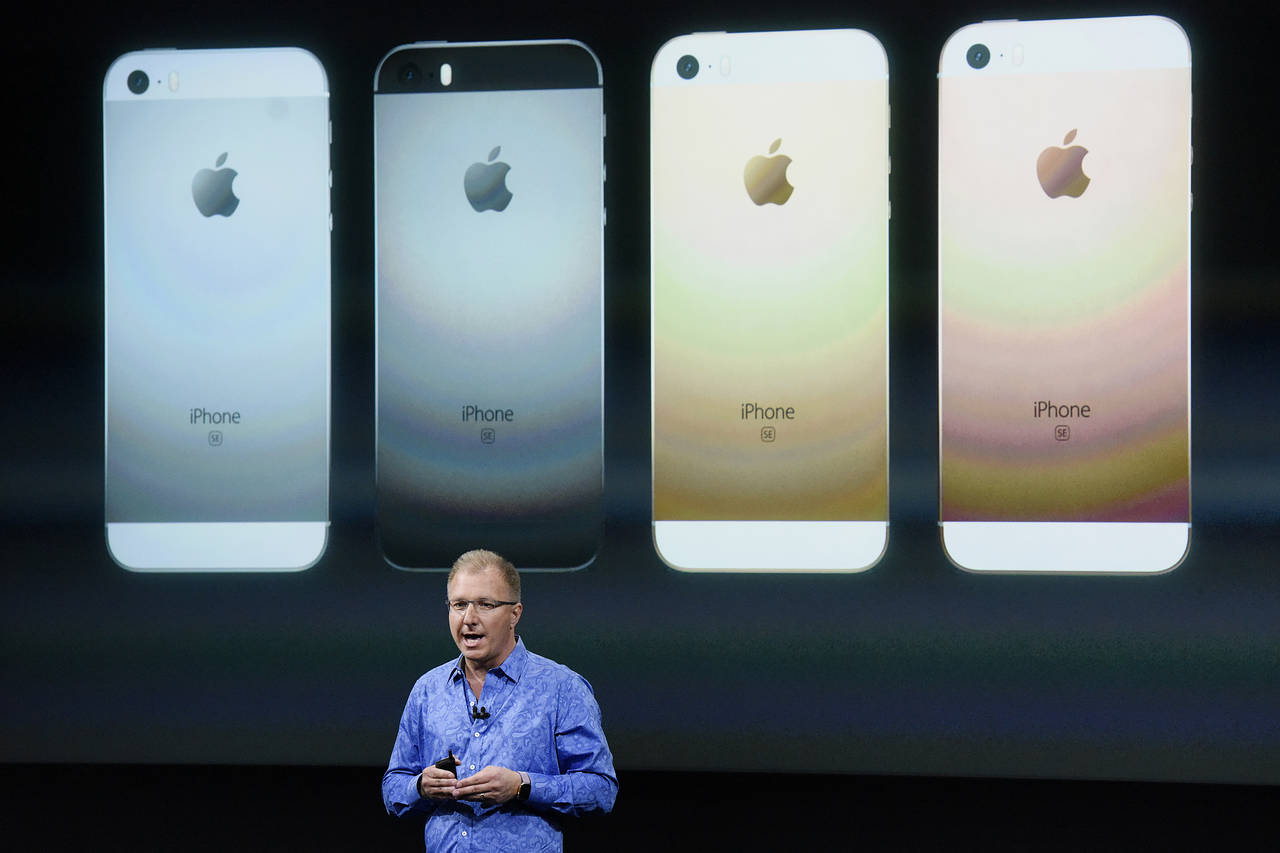
Computer chip makers are never masters of their own destiny. They rise or fall with the markets they serve.
Overall, semiconductor stocks have done very well this year, based on the 22% rise in the Philadelphia Semiconductor Index. But under the hood, there’s a separation going on between companies that serve the white-hot market for chips going into data centers, on the one hand, and the floundering market for mobile chips for smartphones and such.
Cloud-computing companies, such as Amazon.com (ticker: AMZN), Microsoft (MSFT), and Alphabet (GOOGL), are spending tens of billions over many years to build rooms full of server computers, in multiple buildings in multiple cities, to run the computing operations of the world’s enterprises. This great effort, perhaps a decade long, drives demand for the companies that supply chips for those data centers.
In contrast, the mobile-phone market is cooling drastically. Shipments of phones are projected to rise a mere 1.6% this year, after a 10% rise in shipments last year, according to a report from market research firm IDC. That’s because most developed markets are saturated at this point. Shipments in developed markets are actually expected to decline fractionally in the five years ending in 2020.
On that basis, there’s still reason to buy one of the gems of data center technology,Broadcom (AVGO), even though its shares are up 19% this year to a recent $173.11, and up 40% in the past 12 months. And there’s reason to be cautious about suppliers to Apple(AAPL), such as Skyworks Solutions (SWKS) and Qorvo (QRVO).
Last Thursday, Broadcom reported sales in its most recent quarter that beat Street expectations, and it forecast this quarter higher, as well. Wall Street’s focus, for the moment, is actually not the data center. Rather, everyone is watching the impending arrival of Apple’s next iPhone, the iPhone 7, which may be announced by the company in San Francisco this Wednesday. Broadcom is believed to have a rising share of the total chip content in that device.
That’s right, Broadcom is both a data-center chip company and a mobile company. In fact, Broadcom offers what is widely regarded as the best version of a crucial wireless part, an FBAR filter that tunes the wireless connection of a phone.
For all of the focus on the iPhone, the bigger story for Broadcom is that it sells chips toCisco Systems (CSCO) and Arista Networks (ANET) and others for routing and switching gear that goes into data centers. All of those cabinets of servers built by Amazon and others need to be connected over fiberoptic and ethernet lines. Both Cisco and Arista need chips from Broadcom to power those routers and switches. Two chips from Broadcom, called Tomahawk and Jericho, are perceived as the foundation for such equipment.
There’s an important derivative benefit to Broadcom of the success of Tomahawk and Jericho: Networking equipment can increasingly be built by Amazon and others by combining chips with their own software or software from a third party. That homegrown equipment can over time pose an alternative to Cisco and Arista. I mentioned the trend in this space recently (“Cisco’s Latest Layoffs: Dark Clouds Over Tech,” Aug. 20).
By selling the guts of networking, Broadcom can become an arms merchant to Amazon and others, reducing its dependence on sales to Cisco and Arista.
Other companies like Broadcom benefiting from the cloud are fiberoptic component vendors such as Acacia Communications (ACIA), recently public, which sells “transceivers” for making the fiberoptic communications among routers and switches in data centers and between data centers. The group also includes component maker Inphi(IPHI).
Then there are the companies that make the chips on which the fundamental computing of the servers in data centers depends. Traditionally, such servers run Intel (INTC) microprocessors. But as this magazine noted in a cover story last November, Intel increasingly has competition from graphics-chip makers Nvidia (NVDA) and Advanced Micro Devices (AMD). After runs of 90% and 162%, respectively, this year, the pair’s success is increasingly reflected in their share prices. But if the trend in data centers is years long, there could still be upside for the stocks.
There are also chip makers with very diverse portfolios of parts that sell to so-called infrastructure markets, including data-storage equipment, industrial, and automotive markets. They include NXP Semiconductors (NXPI), Cypress Semiconductor (CY), and recently public Impinj (PI).
Impinj sells a combination of radio chips for identification “tags” that let companies track inventory, and the software to manage it. It’s an intriguing play on the emerging Internet of Things, though Impinj is extremely pricey at a recent $32.67, or 292 times this year’s projected earnings.
And what of the wireless names, such as Skyworks, Qorvo, and Qualcomm (QCOM)? They are all excellent companies, but the mobile-phone slump takes a toll. Revenue projections for Skyworks and Qorvo show dramatically lower growth this year, while Qualcomm is looking at an 8% revenue decline.
At some point, it may behoove one to rotate some money out of Broadcom and entertain a trade in the wireless names again. That time may be just around the corner, before the new year, when Wall Street will inevitably start to forecast sales of the iPhone 8, which is expected to be a much bigger deal. As expectations rise for No. 8, wireless names may come back in favor.
Speaking of destiny, one cannot ignore the Street’s continued fascination with mergers and acquisitions. Shares of one chip maker, Xilinx (XLNX), have been lifted by takeout speculation. Intel last year bought Xilinx’s competitor, Altera, at a nifty premium, fueling buyout talk. Citigroup’s Christopher Danely last week wrote that Xilinx is “the only high quality semiconductor company left with the attributes of a good takeover target.”
Others have offered Cavium (CAVM) and Marvell Technology Group (MRVL) as likely takeout targets. It’s equally possible that a large analog chip maker, such as Texas Instruments (TXN), could have a merger of equals with one of the infrastructure chip companies, such as NXP.
All of these companies have strong franchises and strong management, but the difference between who’s hot and who’s not is critical for investors trading month by month. 
[Source:-Barrons]




